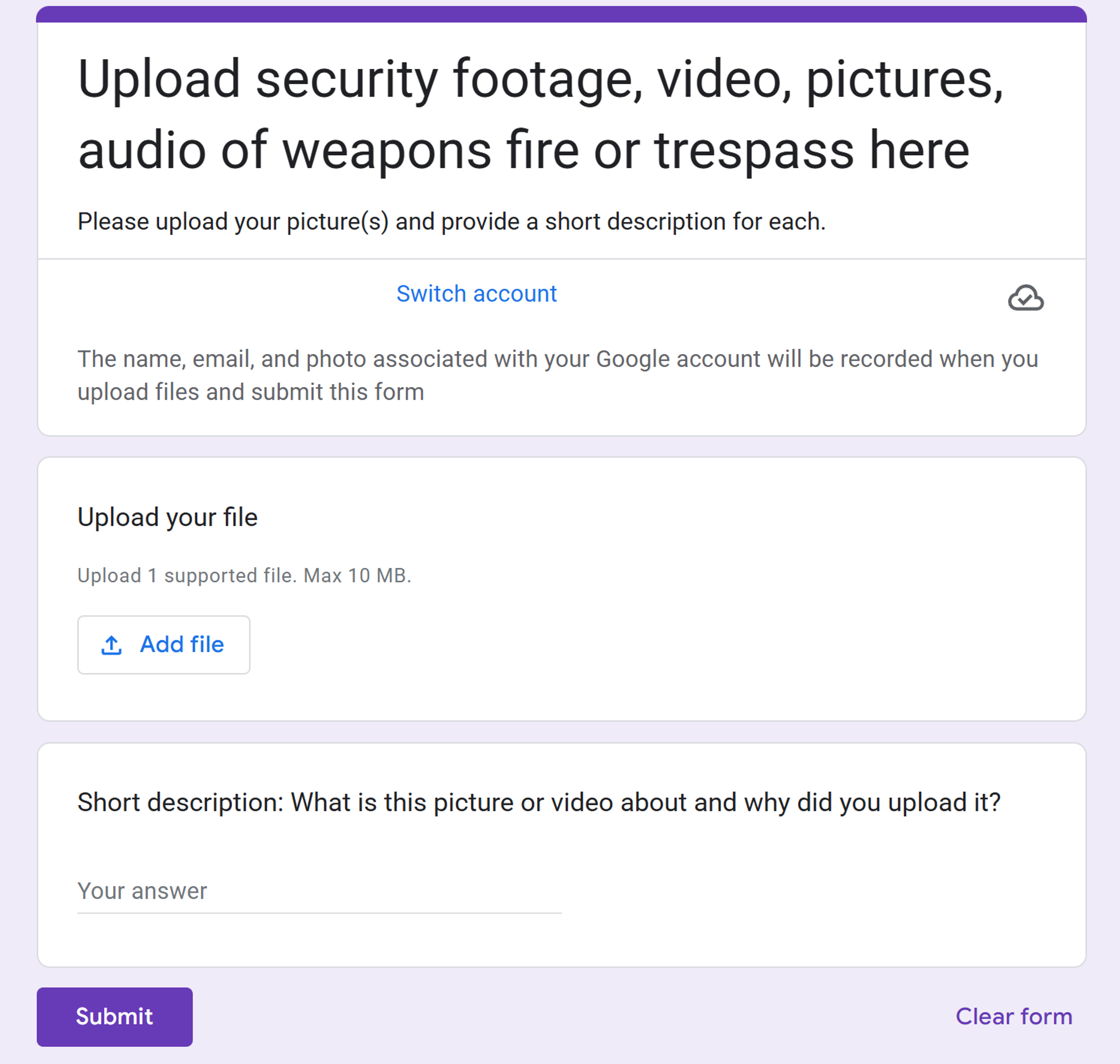
Safe & Sound
Winfield
Peace of mind, block by block.
Over the last decade, Winfield has been one of Indiana’s fastest‑growing towns.
U.S. Census estimates show our population rising from 4,383 (2010) to 8,557 (2023) a 95 % jump!
City‑Data records 865 new single‑family home permits since 2015, including a record 186 in 2023.
To keep pace, Town Council has begun transitioning our police department from a marshal model to a Metropolitan Police Department.
Safe & Sound Winfield
unites neighbors around one mission
To ensure modern policing capacity, proactive zoning enforcement, and safe neighborhoods and streets for every family member.
Resident Survey
We want to hear from you.
This brief, anonymous survey take less than three minutes to complete and gives Winfield officials the hard data required to prioritize enforcement, allocate resources, and refine policy. Whether you’ve experienced issues firsthand or simply care about keeping our town safe, your input is critical. Results will be published only in aggregate and will feed directly into the dashboards, public hearings, and action steps.
Next Steps
-
Share the Surveys with neighbors
-
Follow Our Updates—we’ll post enforcement timelines, court filings, and community actions here.

Hunting‑Season Trespass Watch
Every fall, Indiana’s deer and upland game seasons draw hunters to the fields and woodlots surrounding Winfield.
While most sports‑people respect property boundaries, each year brings a spike in armed individuals entering posted land without permission. To put factual insights on the issue—and support law‑abiding hunters—we call for the Town's assistance:
-
Publish a Seasonal Incident Dashboard tracking all hunting‑related trespass calls logged with the Winfield PD and Lake County Sheriff (Sept 1 – Jan 31).
-
Map Verified Hotspots using anonymized GIS pins so residents can see patterns and plan safety precautions.
-
Provide ‘No Hunting / No Trespass’ Sign Templates that meet Indiana Code § 14‑22‑10‑1 signage standards (minimum 144 sq in, reflective orange).
-
Coordinate with DNR Conservation Officers to ensure swift citation or arrest under Indiana Code § 35‑43‑2‑2 (Criminal Trespass) or § 14‑22‑38‑1 (Hunting Without Consent).
-
Offer an Online Report Form where landowners can upload photos, shell casings, or trail‑cam footage; submissions feed directly into the dashboard.
By shining data‑driven light on hunting‑season trespass, we protect property rights and preserve ethical hunting traditions—all while keeping families safe.




